Theresa Bear is on the hunt for wild women. Women who can’t be controlled or contained. Women who have persisted despite the glass ceiling, stereotypes and personal trauma. Women who know their worth.
Theresa is on a mission to document their rise.
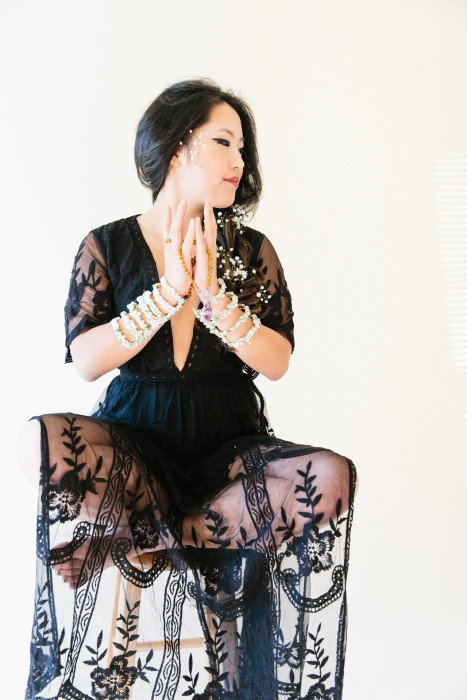
She’s giving herself nine months. Nine months to bring the project to term. With the help of her partner Rebecca Diaz, Theresa will interview dozens of women with the single question: What is it like for you to identify as a female in the world today? They will call the project “A Woman’s Rise.”
“A lot of places are really working hard to display what actual women look like or who they are, but I still don’t think there are enough platforms,” Theresa said. “Our idea is flooding the world with some beautiful art of some amazing, awakened women who have something to say.”
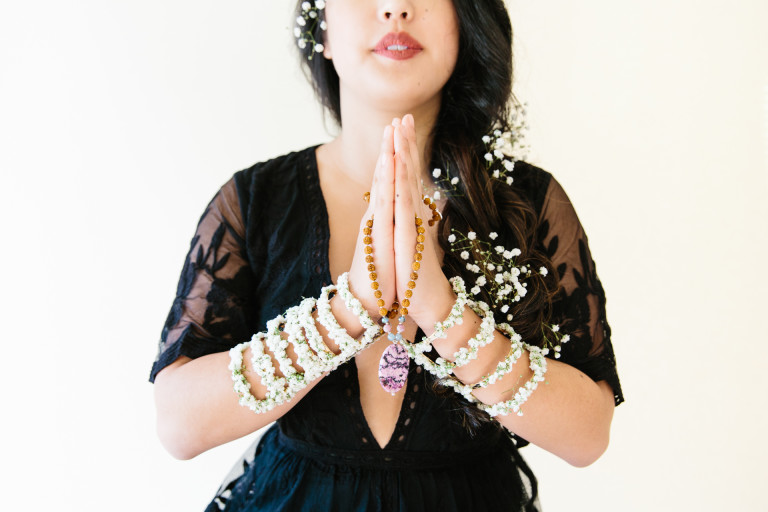
When Theresa and Rebecca find a model for the project, they invite her to coffee. While recording, Theresa and Rebecca ask about the woman’s past experiences and relationships that have shaped her identity as a woman. Every woman Theresa has interviewed has a story of resilience. One woman came to the U.S. from overseas. One woman grew up in the U.S. in poverty. Another woman grew up well off, but had a verbally abusive father. The conversations have ranged from funny and uplifting to sad and poignant, but all have left Theresa feeling moved and inspired.
“Once we sit down and talk, I haven’t found one woman who doesn’t want to share their story, which to me shows that there is a lot of space needed. We want to be creating this safe space for whatever women want to say.”
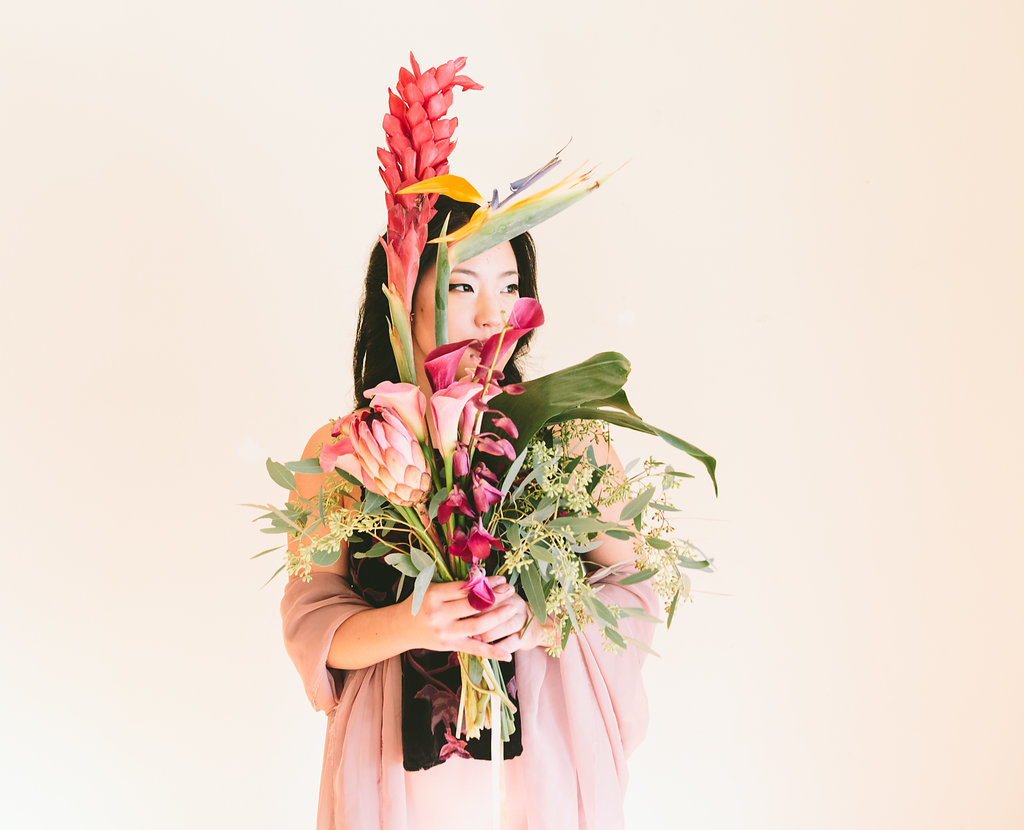
The conversations the women have about identity and womanhood eventually morph into a planning session for an intimate floral portrait shoot of each of the subjects. Every detail is planned, down to the last shirt button and flower petal – and the results are breathtaking. A woman in an elegant white gown stands beneath a towering ice castle. Another woman does yoga with a bouquet of bright pink flowers in her hands. The women, the flowers and their surroundings are so skillfully intertwined they become indistinguishable from one another. The flowers are part of the woman. The woman is part of the earth.
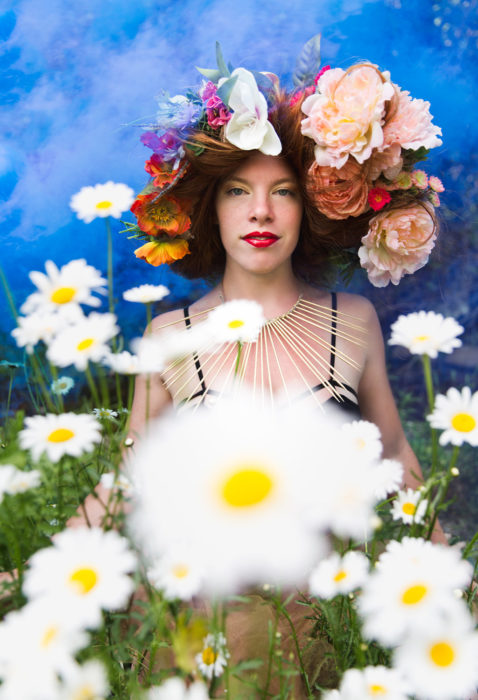
In the past two months, the team has interviewed 10 women and Theresa has photographed two, with five more shoots lined up this week. Theresa has found women for the project at feminist events, protests and even once while running errands at Target. When she saw two women laughing in the middle of the aisle, she kept hearing the voice of an old photo teacher saying “If you don’t ask, you’ll never know.”
“These two women just spoke to me,” Theresa said. “There was this magic around them.”
Although the portrait shoots will all have a strong floral and natural theme, they range greatly in location and aesthetic. One shoot will take place in a giant greenhouse. Another will feature a horseback woman in a long, flowing dress. Another will be a classic studio shot of a mother with her two children, who she calls ‘her branches.’
During the interviews, Theresa discovered many of the women identified with certain aspects of nature, whether it be specific flowers, or in the case of Lauren Sauer, the arctic woolly bear moth. As caterpillars, they survive for seven years in the far north of the Arctic before transforming into gray and white fur-covered moths. That resilience resonated with Lauren.
The arctic woolly bear moth became the leading inspiration for the ice castle shoot. Lauren’s flowing, cream gown and gray sweater mimic the colors and textures of the moth, while the freezing landscape of the ice castles mirrors the moth’s Arctic terrain.
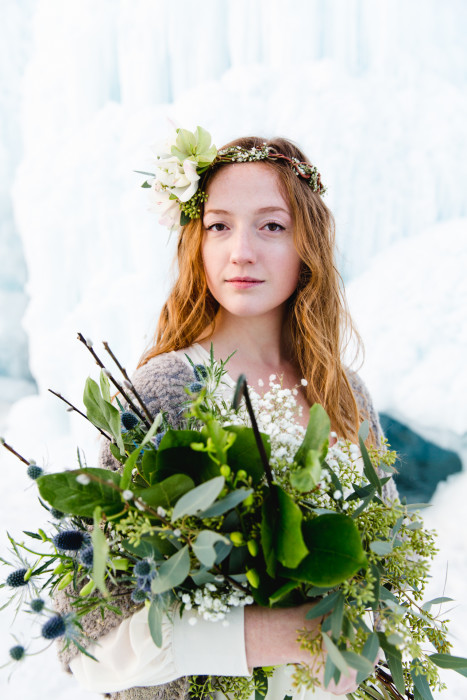
“Theresa has such rare and unique vision, and her project speaks so powerfully to the intimate connection between women and nature that I’ve always felt but never knew to articulate,” Lauren said. “Like the brutal life of the woolly bear moth, the beauty and power of being fearlessly female comes with a great deal of resilience.”
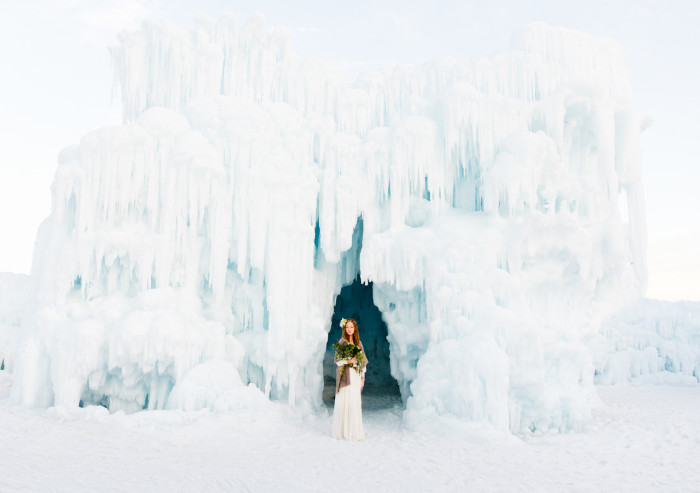
Theresa’s photography has been very strongly influenced by eco feminism. As a child, she spent a lot of time exploring her grandparents’ three acre property they called The Land.
“I learned at a very young age that we are all a part of the earth,” she said.
She’s always felt especially drawn to the parallels between the earth and woman – both go through cycles, both create life, and both have to be resilient through unexpected changes. When she was diagnosed with thyroid cancer in 2014, Theresa was inspired by the connection between her disease and the butterfly – an insect she loves.
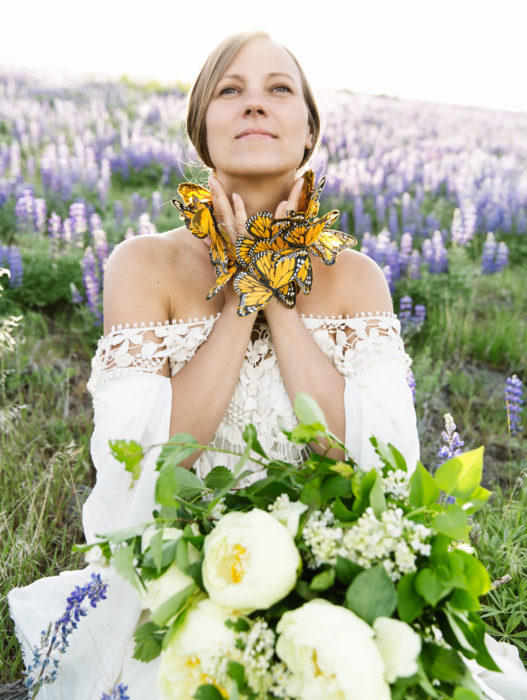
The thyroid gland is shaped like a butterfly and sits at the front of the neck.
“I think in a lot of ways my cancer was about me not using my voice,” Theresa said. “It’s like I metamorphosed and realized that it’s important to have a voice, it’s important to own your space.”
As Theresa battled cancer, she began to find her voice through photography.
“Photography gave me a way to heal and a way to express myself,” she said. “It showed me we all have something to say and confirmed for me that what I am most passion about is giving people a safe space to be who they are and use their voices.”
Over the past few years, Theresa’s unique style has blossomed as she’s photographed dozens of empowering women and hundreds of intricate flower arrangements. While Theresa’s distinct design is clear in every photo of the series, the models themselves are the ones who ultimately make the decisions about location, outfit and floral design. One of Theresa’s biggest goals – and challenges – is to completely put her own opinions aside and simply provide the space for these women to tell their stories.
“I’m white and I have a lot of privilege with that and I’m constantly asking myself what is my place in the world and what can I do with this privilege,” Theresa said. “I’ve had to do a lot of work with this project of just putting my own shit aside or what I think feminism is, and just listening to these women.”
The project will be published virtually at AWomansRise.com in the coming weeks, with zine-like photo spreads. The images of the women will be paired with quotes and in some cases, audio. The project is only eight weeks along, and with 32 weeks to go, Theresa is excited to see what the project will become.
“I hope to inspires, I hope it offends, I hope it creates conversation,” Theresa said. “I hope these women walk away feeling a little bit more heard.”
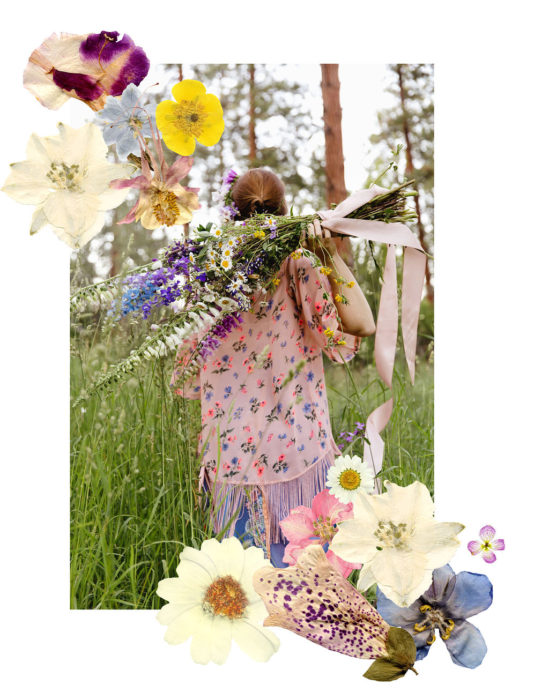






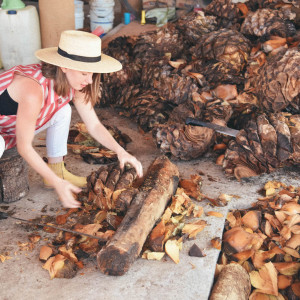
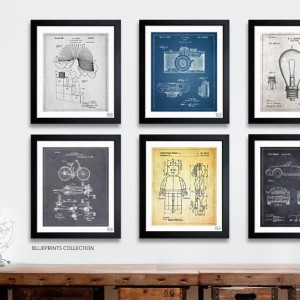
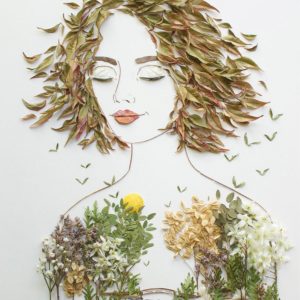
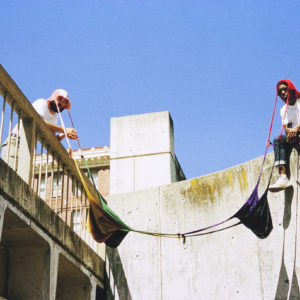
Leave a reply